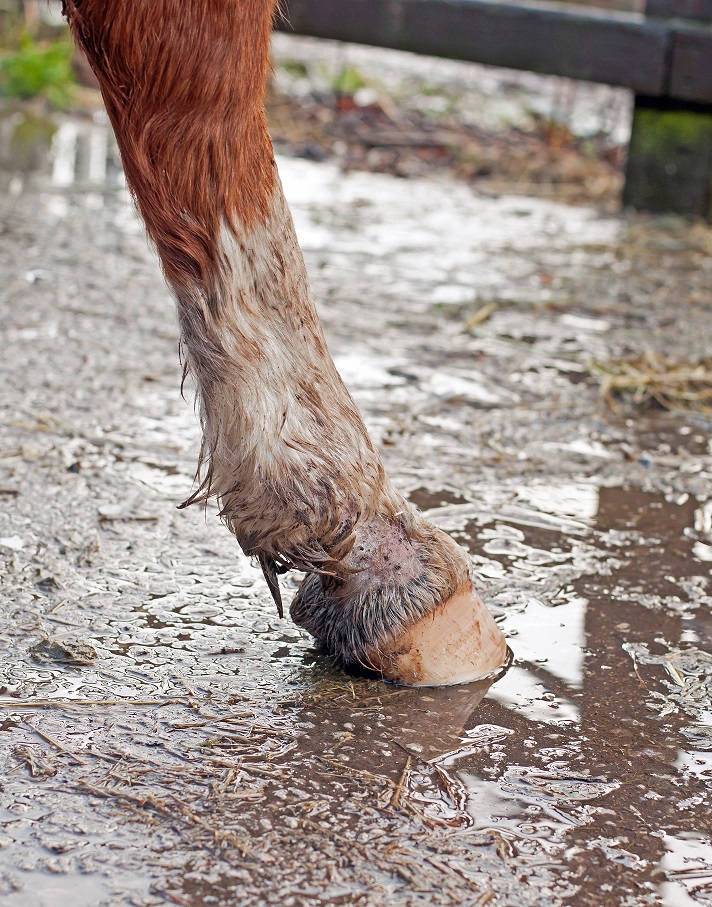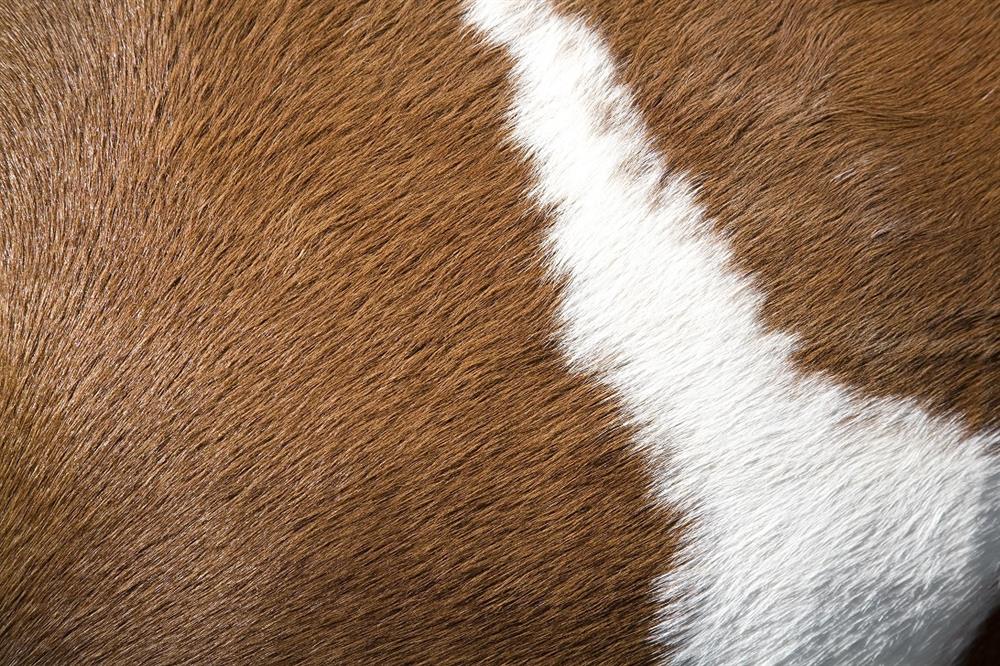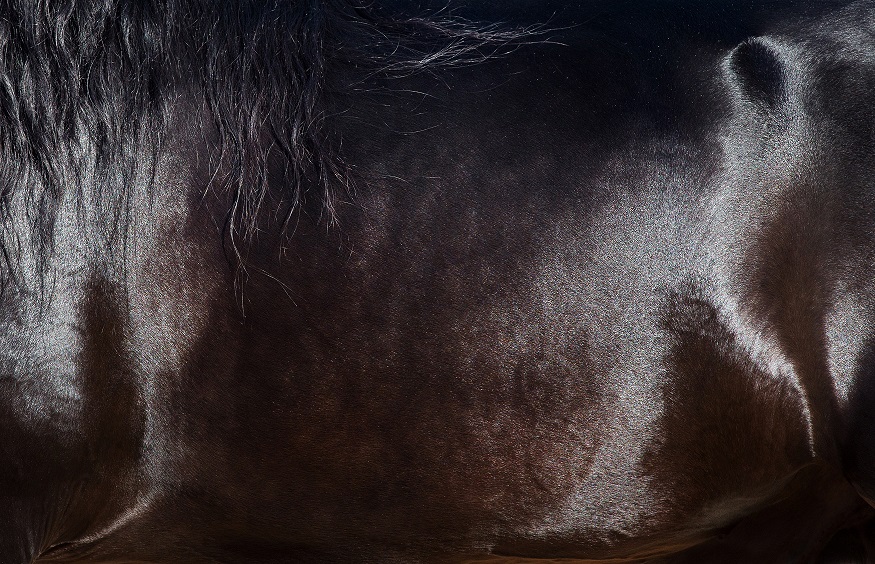How does nutrition affect your horses’ skin?
Did you know that the skin is the horse’s largest organ? It is made up of multiple layers of ectodermal tissue which guards the muscles, ligaments, bones and internal organs that reside underneath. The skin is incredibly important as not only does it offer protection, but it is the horse’s first line of defence from external factors of the environment.

Functions of the skin:
- Protection – provides a barrier between the internal and external environment as part of the immune system.
- Sensation – a variety of nerve endings are found in the skin that respond to touch, pressure, vibration, heat and cold.
- Thermoregulation – sweat glands and dilated blood vessels aid heat loss and constricted blood vessels help to conserve heat. Insulation is also provided by the hair.
- Storage and synthesis – Lipid (including fat) and water storage.
- Absorption – oxygen, nitrogen and carbon dioxide can diffuse into the epidermis in small amounts.
- Water resistance – the skin provides a water-resistant barrier and the nutrients and oils which help hydrate the skin are covered by the outer layer of skin, the epidermis.
Nutrition is incredibly important when it comes to the overall quality of the horse’s skin and coat. Ensuring that a balanced diet is fed and that all of the essential vitamins and minerals are provided is the first step, then supplementation can be provided to offer further support if needed. Another important factor is hydration, it is important to ensure that your horse always has access to fresh, clean water.
In particular, Biotin and other B vitamins, as well as essential amino acids such as Omega-3 and Omega-6 are helpful ingredients to aid skin health.

Omega 3 and Omega 6 are essential fatty acids and cannot be produced by the horse itself which is why it is important that they are provided in their daily diet in the correct ratio. Omega fatty acids have numerous benefits such as supporting healthy skin, encouraging a glossy coat and aiding joint and hoof health. When the horse requires an inflammatory response, possibly due to infection or injury, this immune response will aid recovery.
During times where horses eat less grass and more forages such as hay and haylage, the horse’s Omega 3 intake will normally be reduced so supplementation can be very helpful. Linseed is a great source of Omega 3 fatty acids and is also very low in sugar and starch, but high in soluble fibre so can be fed to a wide variety of horses.
Biotin is a water-soluble B vitamin which, like essential fatty acids, must also be obtained from the horse’s diet. Although Biotin is commonly used for hoof health and growth, it also encourages hair growth.

For any advice or questions you may have, please don't hesitate to reach out to our expert nutrition team. You can call 0800 585525 Monday-Friday 8:30am-5:00pm. Email [email protected], or send us a DM on social media.

